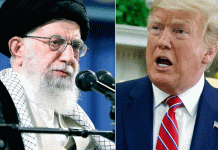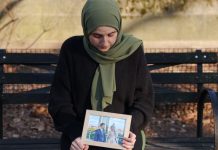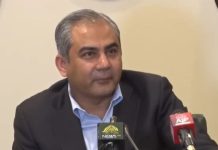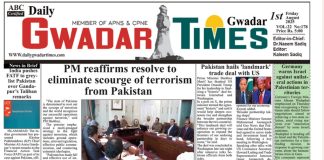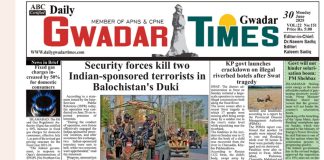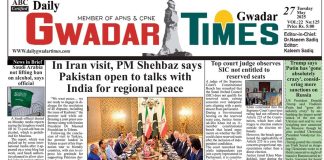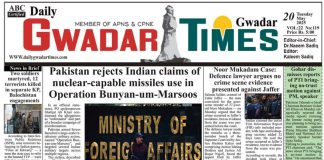Islamabad, September 10, 2025
The India Study Centre (ISC) at the Institute of Strategic Studies Islamabad (ISSI), in collaboration with Mishal Pakistan, organized a Seminar titled “Civilian Protection in Multidomain Conflicts: Legal and Humanitarian Perspectives on Operation Sindoor.”
Mr. Ahmer Bilal Soofi, eminent international law expert and Pakistan’s former Minister for Law, Justice, Parliamentary Affairs, and Human Rights, attended as Guest of Honour. Distinguished speakers included Mr. Rehman Azhar, journalist and Executive Director, Centre for Law and Security (CLAS); Dr. Marium Fatima, Assistant Professor, National Defence University (NDU); Mr. Muhammad Oves Anwar, Director, Research Society of International Law (RSIL); and Mr. Amir Jahangir, CEO, Mishal Pakistan.
In his remarks, Ambassador Sohail Mahmood said that India exploited the recent Pahalgam attack as a pretext for reckless and unjustified military aggression against Pakistan. He emphasized that while India sought global acceptance of its false narrative, Pakistan’s offer for a transparent and neutral international investigation was viewed as a constructive approach to safeguard international peace and security.
Ambassador Sohail Mahmood noted that under the so-called Operation Sindoor, India targeted civilian areas in Pakistan and AJK, including residential neighborhoods, mosques, and essential services, resulting in 40 deaths, among them women and children. Such actions, he highlighted, were blatant violations of international humanitarian law, the UN Security Council’s resolutions on civilian protection, and the Geneva Conventions. He stressed that India’s May 2025 actions must be seen as part of a continuing pattern of hostility and abuses in IIOJK.
Mr. Ahmer Bilal Soofi provided a legal perspective, highlighting how political choices often override international law in moments of crisis. He stressed the importance of documenting civilian atrocities and proposed that a dedicated Tribunal could serve as one legal recourse to address civilian harm caused during the conflict.
Earlier, Dr. Khurram Abbas underscored that despite extensive reporting on the May 2025 crisis, civilian casualties remained under-addressed. He called for greater focus on humanitarian costs. Mr. Amir Jahangir emphasized the role of academic and practitioner insights in developing mechanisms to prevent civilian suffering in future conflicts.
Dr. Talat Shabbir highlighted that Operation Sindoor underscored how multidomain conflicts—across land, air, cyber, and information spheres—intensify civilian vulnerabilities and erode humanitarian principles, challenging the credibility of the global rules-based order.
Mr. Oves Anwar stressed that India manipulates international law as a political tool, targeting civilian populations under an Islamophobic and ‘Hindutva’-driven agenda. Drawing parallels with Israeli aggression in Palestine, he argued that Pakistan must prioritize multilateral platforms to strengthen its case internationally.
Mr. Rehman Azhar noted that India misused Article 51 of the UN Charter while violating Article 2 to justify its aggression against Pakistan. He suggested that Pakistan pursue legal and diplomatic recourse through forums such as the UN Security Council, UN Human Rights Council, and OIC.
Dr. Marium Fatima recalled that targeting of civilians by India is not new, pointing to Indian involvement in acts of terrorism in Khyber Pakhtunkhwa and Balochistan, including the Jaffar Express incident earlier this year. She stressed that Pakistan must expose India’s tactics by leveraging international law, human rights bodies, and global media, while strengthening internal unity to counter psychological warfare.
The seminar concluded with a vote of thanks by Ambassador Khalid Mahmood, Chairman, Board of Governors, ISSI.




